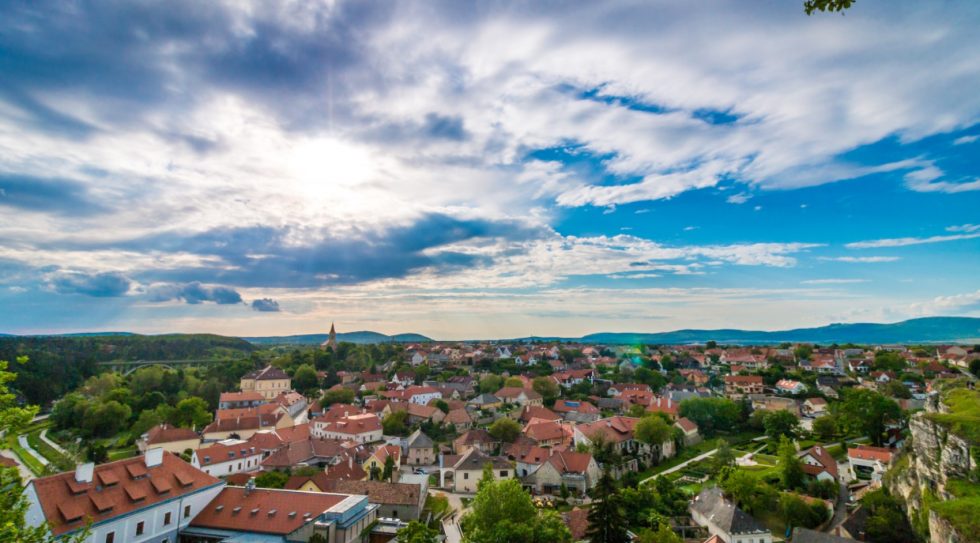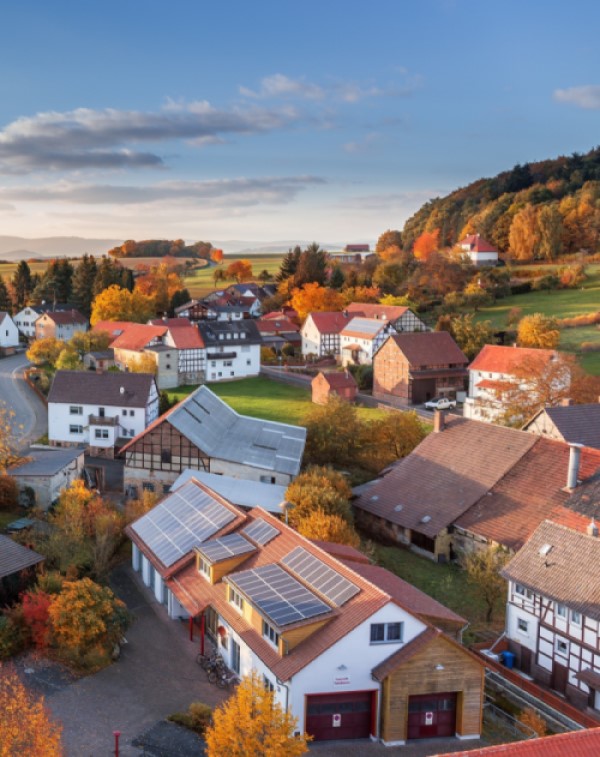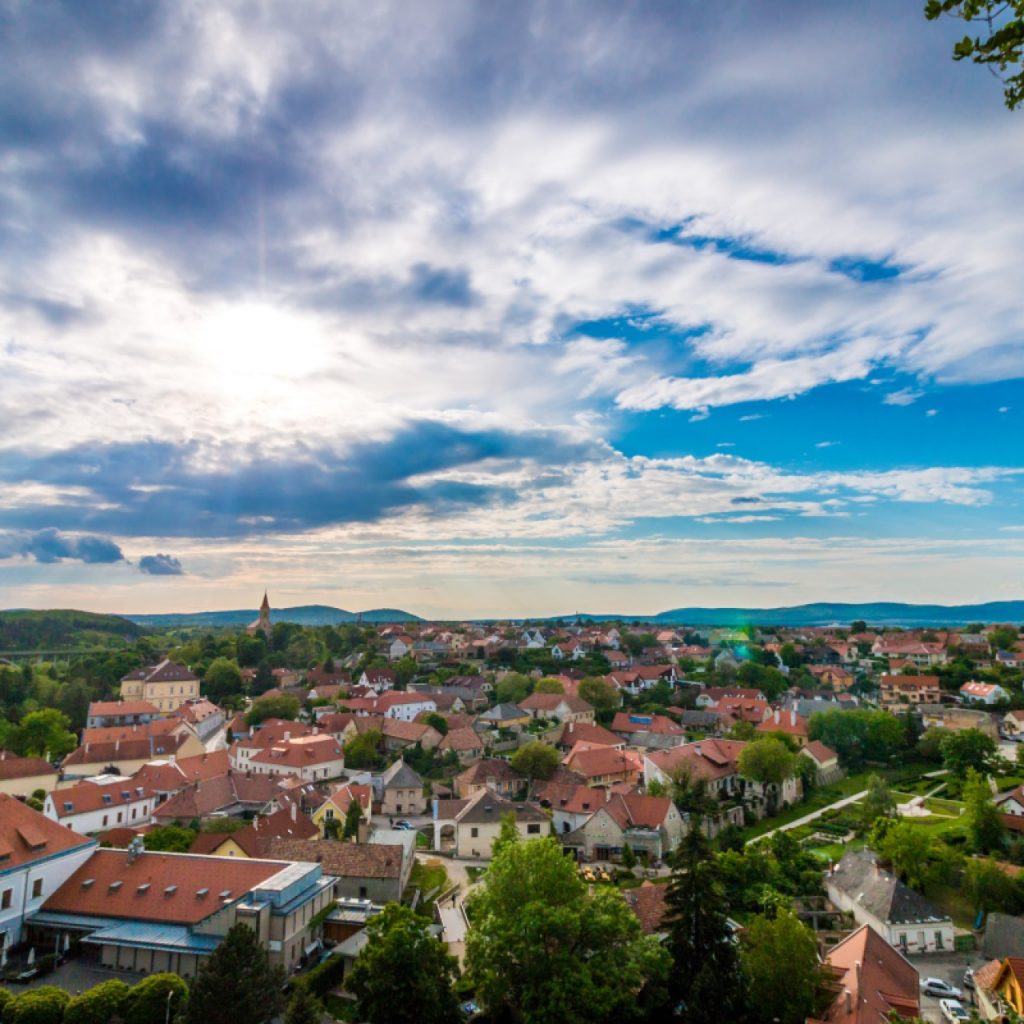BETTER BANG FOR YOUR BUCK
When considering where you want to settle in for a while, most people will carry with them a strong inclination towards that which suits there lifestyle. For some it is right down town in the cities heart where everything that beats is felt there. They want to be a part of it all. They appreciate the ambient noise of sidewalk sounds and the array of aromas from restaurant chefs constantly cooking and the cafés regular brewing and baking. It’s a higher expense and busy pace and usually most suitable to younger folk with fewer commitments than those with a growing family. The freedom to stay out late, if they like, is something they value and with everything in walking distance, it makes for an active and spontaneous day to day life. As for growing families and anyone not so keen on cost of tight spaces and the relentless noise and hustle, the city and even suburb is not as appealing. We found that most of our customers have very similar reasoning for vacating the city life to build in the suburbs and it isn’t for any newly acquired distaste for the city. In fact most of them wish they could have stayed in the city. So why the move? I think it’s obvious by now. Three words… More For Less!
Putting it plainly, living in the city equates to “Less For More” in most cases whereas within 15- 30 km of city limits you’ll generally find “More For Less”. It’s pretty well understood that if you want to live closer to all the amenities of a metropolitan area it’s going to hit you a little harder in the wallet. Our business is primarily in this 15-30 km region surrounding Winnipeg. I believe it is why we attract the clientele we do. Ages 28-45 with kids or about to have kids creates a multitude of new needs the city just can’t offer. The following are some things to consider if you find yourself in this category.
- Cost of living increases as family grows.
- Land is more affordable the further away it is from the city.
- Lots are much larger than the standard 45 x 90 ft. city lot.
- Commute time to and from work is less affected by rush hour and in some cases shorter than one end of the city to another.
- Taxes are significantly less than in the city where heavy infrastructure is regularly updated and drives up tax percentage to each resident.
- Smaller schools allowing for more one on one time with students and teachers.
- Safety; a tight knot community is always talking so everyone knows what’s going. Traffic is far less congested greatly reducing the potential for car/ pedestrian accidents
- Larger property means a little more privacy from surrounding housing and local traffic.
To better explain the benefit to living rural let’s review some comparisons in our local area of Winnipeg and surroundings. The average sized lot in a newer development in Winnipeg is 48 ft x 110 ft and will currently run you between $120’000-$150’000. The average sized lot within 15-20 minutes outside the city is 70 ft x 120 ft and is priced between $80’00-$100’000. The other benefit to smaller community developments is the flexibility with your builder. Where many builders in the city put restrictions on what you the homeowner gets to choose, outside the city can provide you with more opportunity to pick your own flooring, cabinets, wall colors, etc. If it’s a builder like us, you even have the option of doing aspects of the build yourself to save a little on labour. We have customers several times a year who come along requesting this. Property tax is another big advantage to the rural communities. With so much continuous repair or upgrades to existing infrastructure in any major city, you’ll always be paying more and more as the years go on. Those kinds of costs are greatly diminished in a small town. The average savings on property tax for the same size house, lot, and age of home in a small town is $2000-$2500 annually.
So whether you prefer the city or the small town, the important things to consider when deciding are cost of living and which environment best facilitates your present and future needs. Of all our clients moving to outside the city, 90% of them make the move for affordability. Second to that is for their family. It is a growing trend but interestingly enough that trend doesn’t change much as people age. As they get closer to retirement living, they tend to want to downsize into something like an apartment, condo, or retirement/assisted living complex, in there smaller community. So though will major cities always see more growth than there smaller surroundings, those that leave the busy urban life more often don’t return if until much later and for different reasons. In most cases “More for Less” only increasingly becomes the goal as each demograph gets older.






